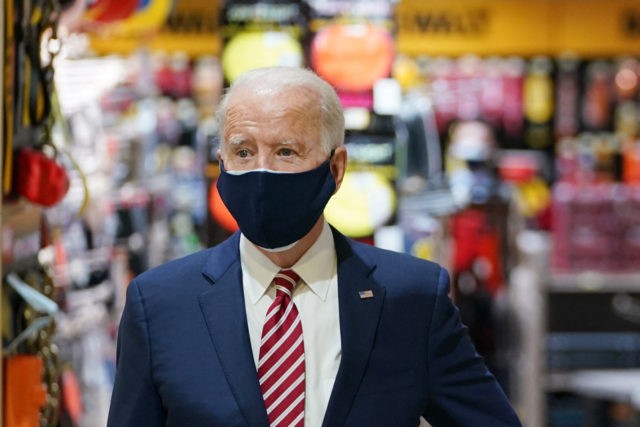Procter & Gamble on Tuesday became the latest major U.S. consumer products company to announce plans to hike prices of its goods in the face of rising commodities prices and transportation costs.
The company—which makes some of the U.S.’s best-known household products, including Gillette razors, Tide detergent, and Crest toothpaste—said in its quarterly earnings announcement that it would hike prices on feminine care, baby care, and adult incontinence products beginning in September. The company said the prices increases would be in the mid to high single digits.
Rival Kimberly-Clark, which makes Huggies diapers and Kleenix facial tissues, said last month that it would hike prices by a similar amount starting in June.
Coca-Cola said on Monday that it was also planning to raise prices to offset rising commodities costs.
“We are well-hedged in ’21, but there’s pressure built up for ’22, and so there will have to be some price increases,” CEO James Quincey said in an interview with CNBC’s Sara Eisen on “Squawk on the Street.”
Companies cannot always pass increased costs on to consumers, especially in the short term. More often, they are forced to absorb the increased costs by cutting costs in other areas or accepting lower margins. But when consumers have more to spend—as they do now thanks to multiple rounds of stimulus checks, refundable child tax credits, and other programs aimed at bolstering household consumption—it is much easier to raise prices.
The price hike announcements are feeding worries that inflation may be rising faster than anticipated. Fed officials have repeatedly said, however, that they expect any rise in price levels to be transitory and not to lead to sustained inflation much higher than desirable.
That prediction, however, could be confounded if Democratic lawmakers and the Biden administration continue to pump up deficit spending and direct cash injections into households, according to Larry Lindsey of the Lindsey Group. The former head of the National Economic Council under George W. Bush said in a CNBC interview on Monday that he expected Democrats to keep pumping money into the economy through next year in an effort to maintain control of the House and Senate.
“We’re in a situation where we are likely to have continued fiscal stimulus,” Lindsey said. “It’s quite unlikely that in an election year Congress is going to let their constituents have less money than they did in 2020.”
That would push up the demand side of the economy even while other factors keep the supply side constrained, resulting in inflation, Lindsay added.

COMMENTS
Please let us know if you're having issues with commenting.